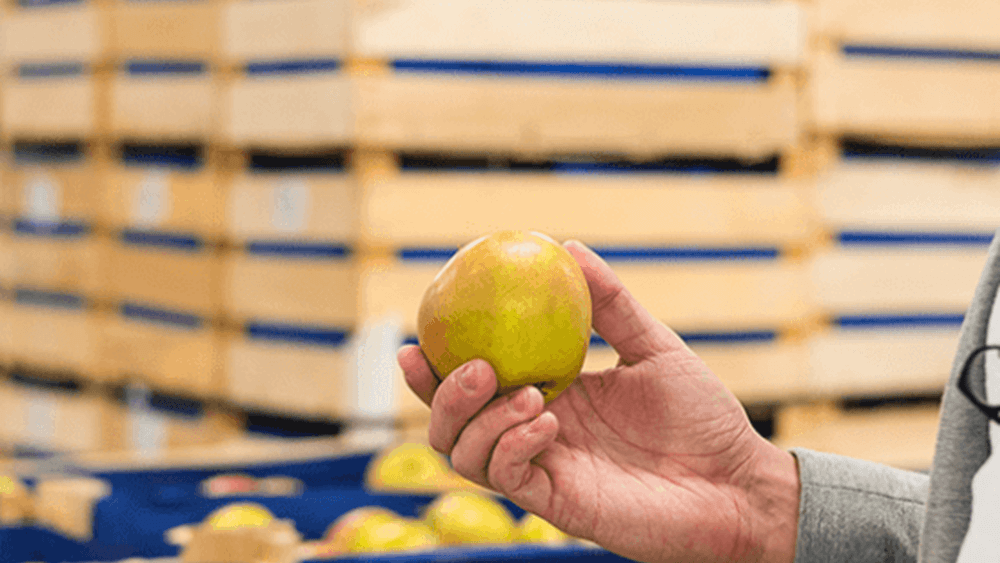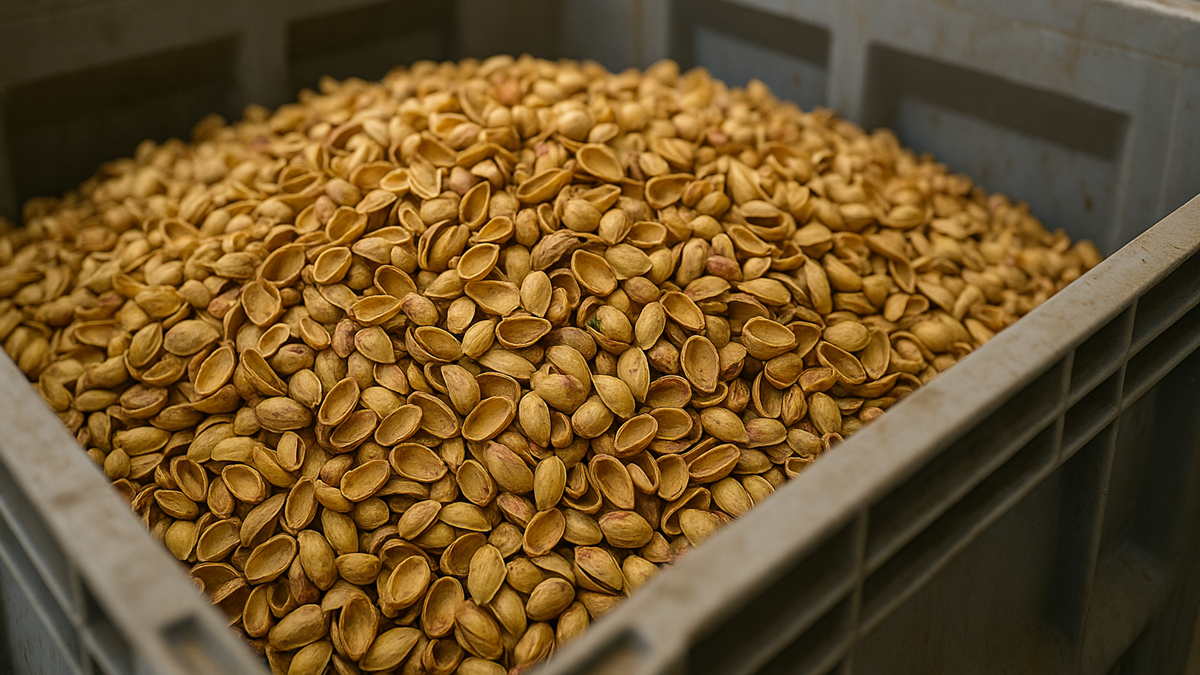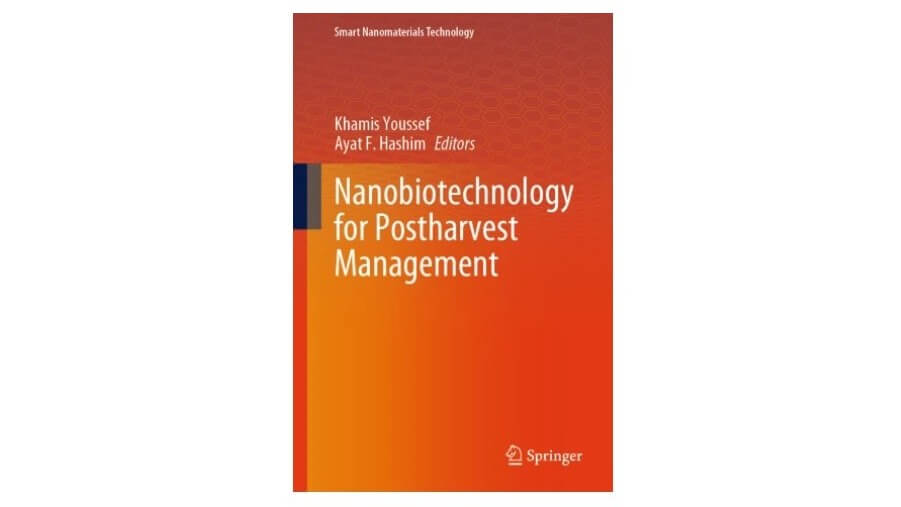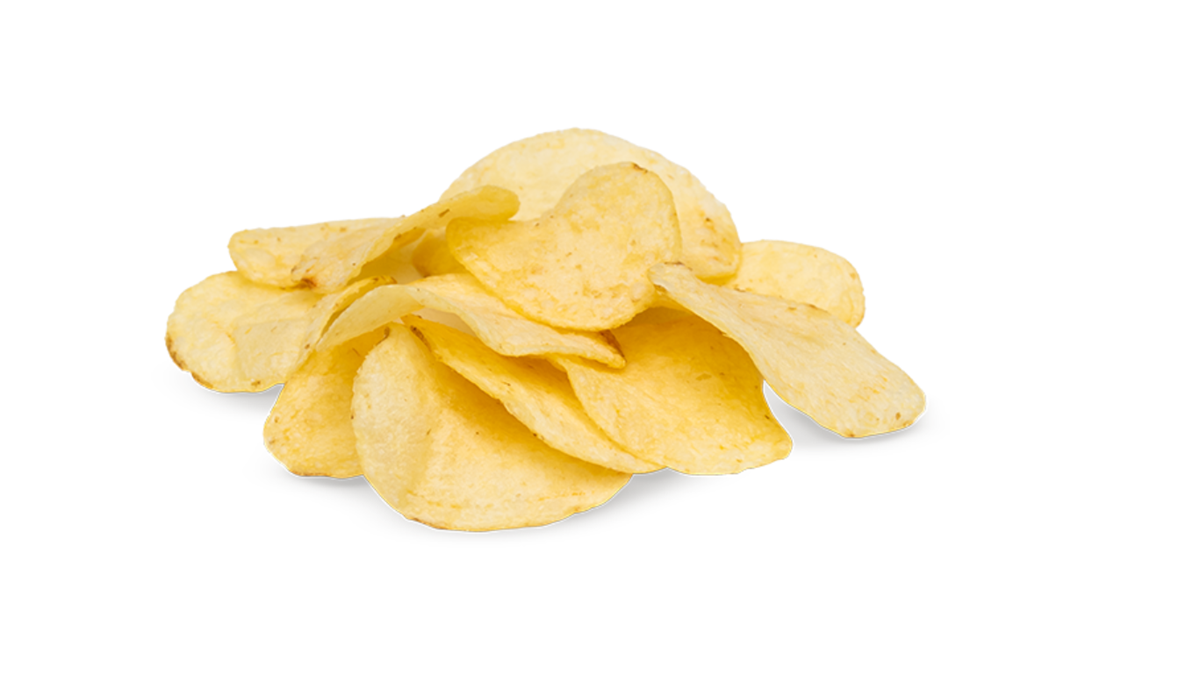News
Potential of IA and machine learning to improve 1-MCP use
The review by Miyandra Martin and Anu Mary Markose about the 1-MCP on postharvest fruit quality highlights the potential of predictive technologies and real-time processing that can be used to optimise 1-MCP treatment

1-Methylcyclopropene (1-MCP) is a strong ethylene inhibitor with important applications in postharvest quality control, maintaining the freshness of fresh fruits and vegetables for longer periods. It works by binding to ethylene receptors, effectively blocking ethylene action and delaying the processes of ripening and senescence.
Its effectiveness depends significantly on storage conditions, especially temperature.
Keeping temperatures at optimum levels in combination with 1-MCP treatment increases the capacity to maintain fruit quality, as temperature control reduces metabolic activity that leads to degradation.
This combination positively impacts key physicochemical characteristics such as respiration rate, ethylene evolution rate, fruit firmness, total soluble solids, titratable acidity, and antioxidant activity, all of which are critical for maintaining postharvest freshness.
This review gives a thorough review of the 1-MCP synergistic effect in combination with storage temperature on fruit physiology and considers its real-life applications for decreasing postharvest losses, enhancing fruit quality, and guaranteeing economic stability in the fresh produce market.
Conclusion
1-Methylcyclopropene (1-MCP) is a potent ethylene inhibitor that has become a valuable asset for the postharvest quality management of fruit. The retention of important physicochemical properties of fruits due to 1-MCP is attributed to slowing down ripening and senescence, ultimately enhancing the shelf life and preserving the nutritional value of fruits.
By maintaining optimum storage temperature, 1-MCP effectiveness can be maximised. This powerful combination works synergistically to extend the shelf life of fruits. Proper storage temperatures are critical to the effective functioning of 1-MCP since deviations from ideal conditions can greatly reduce its effectiveness and cause a faster deterioration in quality. Standardisation of application time and temperatures according to varietal differences is also a major constraint.
In the future, the inclusion of Artificial Intelligence (AI) and machine learning technologies in postharvest practices is an evident breakthrough in the field of fruit quality management. These advances offer predictive, real-time processing that can be used to optimise 1-MCP treatment and storage options and create an opportunity for personalised and dynamic post-harvest treatment that minimises waste and increases marketing value.
As demand for fresh produce continues to grow worldwide, the integration of 1-MCP with optimal storage practices offers a sustainable and efficient solution for the fresh produce industry, benefiting farmers, retailers, and consumers alike.
Sources
Effect of 1-methylcyclopropene and storage temperature on postharvest fruit quality: a review
Miyandra Martin and Anu Mary Markose
Plant Archives Vol. 25, No. 2, 2025 pp. 871-880












